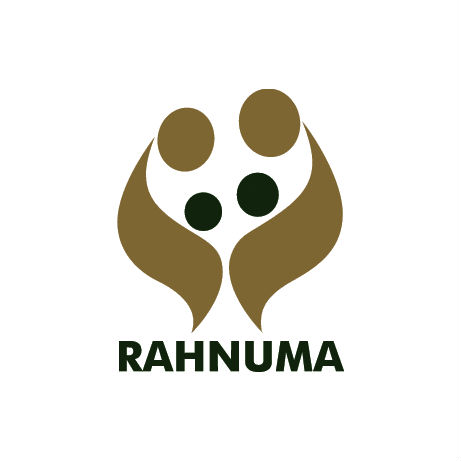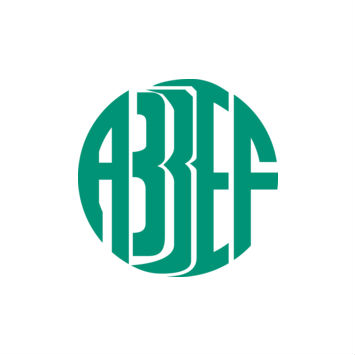

| 31 March 2016
Rahnuma-Family Planning Association of Pakistan
Rahnuma (formerly the Family Planning Association of Pakistan or FPAP) started serving poor and marginalized people in Pakistan as the Family Planning Association of Pakistan (FPAP) in 1953. After over 50 years of momentous achievements, the FPAP felt that its name did not fully reflect the scope of its work. It renamed itself ‘Rahnuma’, an Urdu word meaning 'one who shows the path and provides direction'. Rahnuma was one of the pioneers in providing family planning services and advocating for spacing of childbirth and for smaller families. The government later embraced the cause by establishing the Ministry of Population Welfare. In the space of a decade, Rahnuma grew from a single clinic, based in 1 room in Karachi, to a large-scale operation with an infrastructure of district branches offering model clinics and information and educational facilities. Today, the network operates nearly 5,000 service points, comprising 118 permanent clinics, 11 mobile units, 191 associated clinics and over 2,000 community-based distributors/services (CBDs/CBSs). It also handles referrals to over 2,143 private physicians. Rahnuma has developed innovative programmes to increase access to high-quality, affordable health services. It has advocated for a rights-based approach to sexual and reproductive health (SRH), for the empowerment of particular groups within communities (especially women and young girls), and for the strengthening of civil society in Pakistan. As the sexual and reproductive health and rights (SRHR) agenda has shifted over the years, Rahnuma has increasingly embraced SRHR in the context of national development and poverty alleviation, owing to the direct connection between socio-economic conditions and health and well-being. Contacts Website: http://www.fpapak.org Facebook: https://www.facebook.com/rahnuma.fpap.9 Twitter: https://twitter.com/Rahnuma_FPAP

| 31 March 2016
Association Burkinabé pour le Bien-Etre Familial
Association Burkinabé pour le Bien-Etre Familial (FPABF) was set up in 1985. Staff and over 1,000 volunteers work to provide sexual and reproductive health (SRH) services to poor and marginalized people. Services include antenatal and post-natal care, prevention and treatment of sexually transmitted infections (STIs) including HIV and AIDS, provision of antiretroviral drugs, voluntary counselling and testing (VCT), screening for cancers of the reproductive system, post-abortion care, prevention of mother to child transmission (PMTCT) of HIV and AIDS, and home-based care for people living with HIV and AIDS. FPABF’s work reaches out to the poor and marginalized, and the organization runs special initiatives focused on reaching young people on the streets, people living with HIV and AIDS, and students. Professional training is provided to young people, including members of FPABF’s Youth Action Movement, which enables them to participate in small-scale profitable ventures and escape poverty. The nation has severe SRH challenges in terms of lifetime risk of maternal death and unmet need for contraception. One of the most serious issues in Burkina Faso is the 66% prevalence of female genital mutilation: a psychologically traumatic experience, an infringement of human rights and a source of substantial physical damage requiring major medical intervention. FPABP works in partnership with the Ministry of Health, the Secretariat Permanent des Organisations Non Gouvernementales (SPONG), Réseau des ONG en population et développement (REOPOD) and a range of funders including UNFPA, the EU, UNICEF and DANIDA. Facebook: https://www.facebook.com/www.abbef.net/







